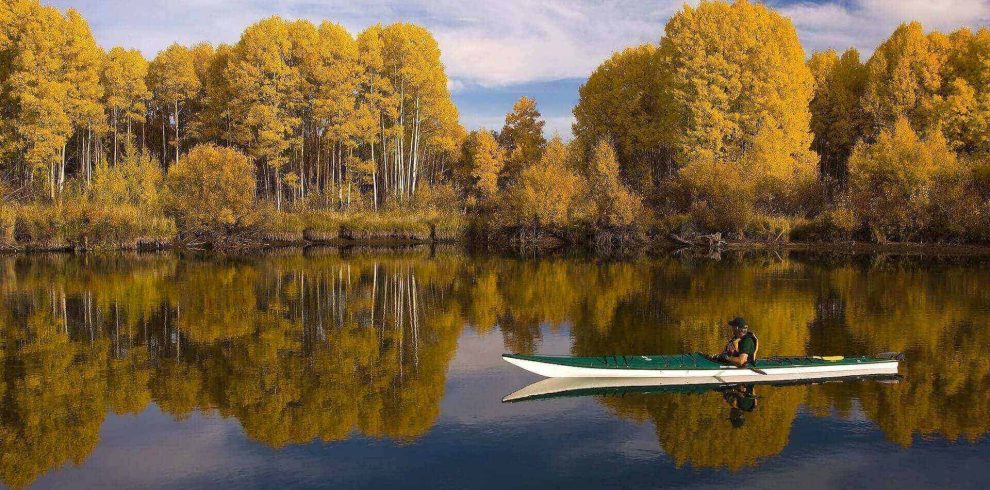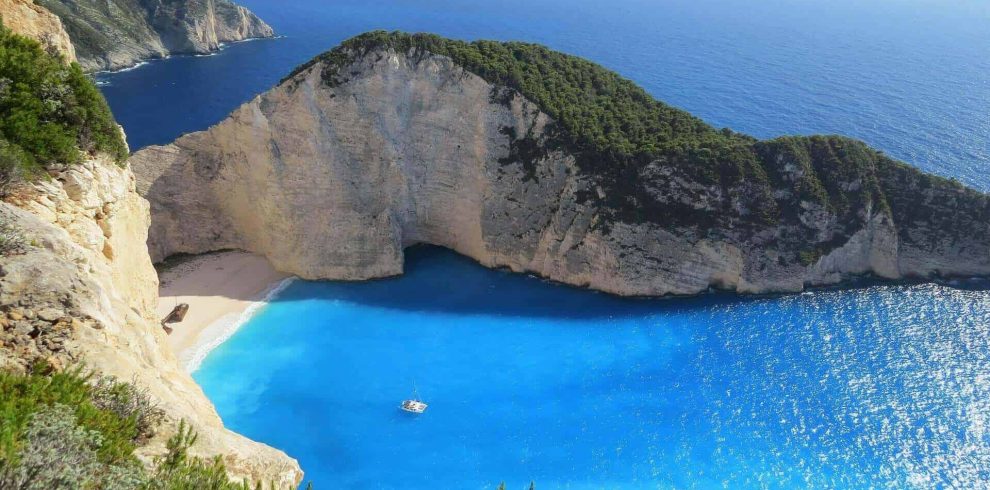Kayaking
Kayaking is the use of a kayak for moving across water. It is distinguished from canoeing by the sitting position of the paddler and the number of blades on the paddle. A kayak is a low-to-the-water, canoe-like boat in which the paddler sits facing forward, legs in front, using a double-bladed paddle to pull front-to-back on one side and then the other in rotation. Most kayaks have closed decks, although sit-on-top and inflatable kayaks are growing in popularity as well.
Kayaks were created thousands of years ago by the Inuit, formerly known as Eskimos, of the northern Arctic regions. They used driftwood and sometimes the skeleton of whale, to construct the frame of the kayak, and animal skin, particularly seal skin was used to create the body. The main purpose for creating the kayak, which literally translates to “hunter’s boat” was for hunting and fishing. The kayak’s stealth capabilities, allowed for the hunter to sneak up behind animals on the shoreline, and successfully catch their prey. By the mid-1800s the kayak became increasingly popular and the Europeans became interested. German and French men began kayaking for sport. In 1931, a man named Adolf Anderle became the first person to kayak down the Salzachofen Gorge, this is where the birthplace of modern-day white-water kayaking is believed to have begun. Kayak races were introduced in the Berlin Olympic Games in 1936.
In the 1950s fiberglass kayaks were developed and commonly used, until 1980s when polyethylene plastic kayaks came about. Kayaking progressed as a fringe sport in the U.S. until the 1970s, when it became a mainstream popular sport. Now, more than 10 white water kayaking events are featured in the Olympics.While kayaking represents a key international watersport, few academic studies have been conducted on the role kayaking plays in the lives and activities of the public .
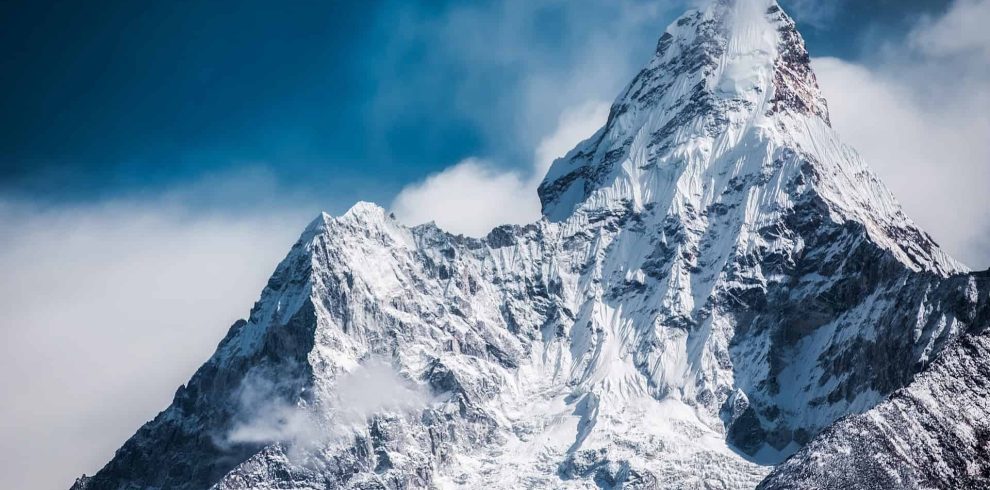
- Oca
- Şub
- Mar
- Nis
- May
- Haz
- Tem
- Ağu
- Eyl
- Eki
- Kas
- Ara
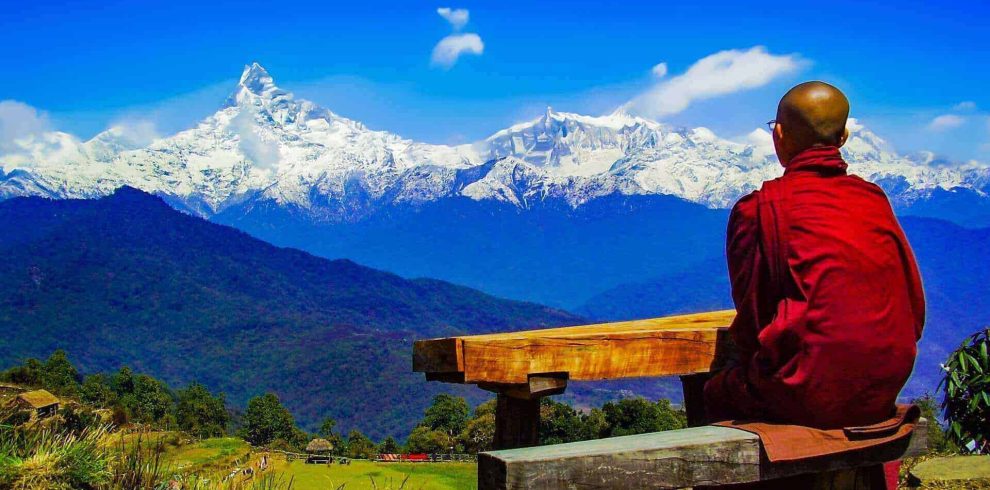
- Oca
- Şub
- Mar
- Nis
- May
- Haz
- Tem
- Ağu
- Eyl
- Eki
- Kas
- Ara
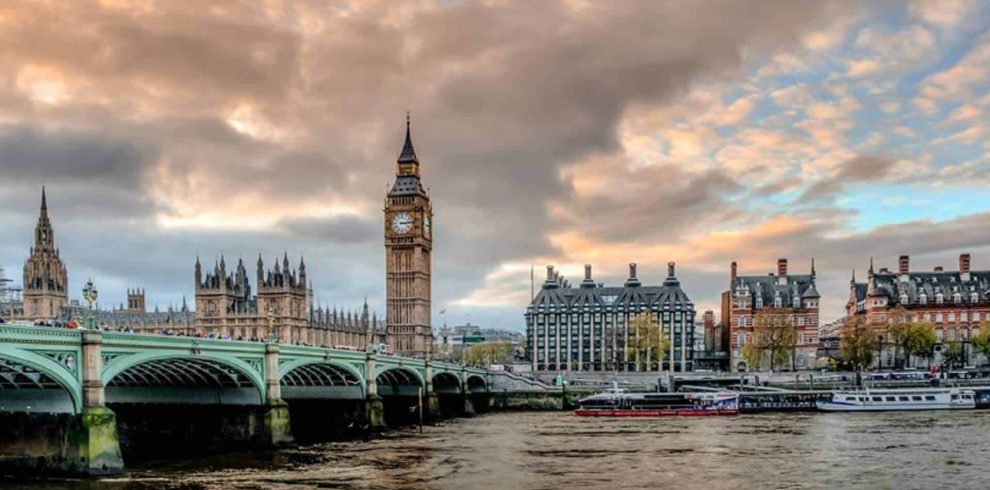
- Oca
- Şub
- Mar
- Nis
- May
- Haz
- Tem
- Ağu
- Eyl
- Eki
- Kas
- Ara
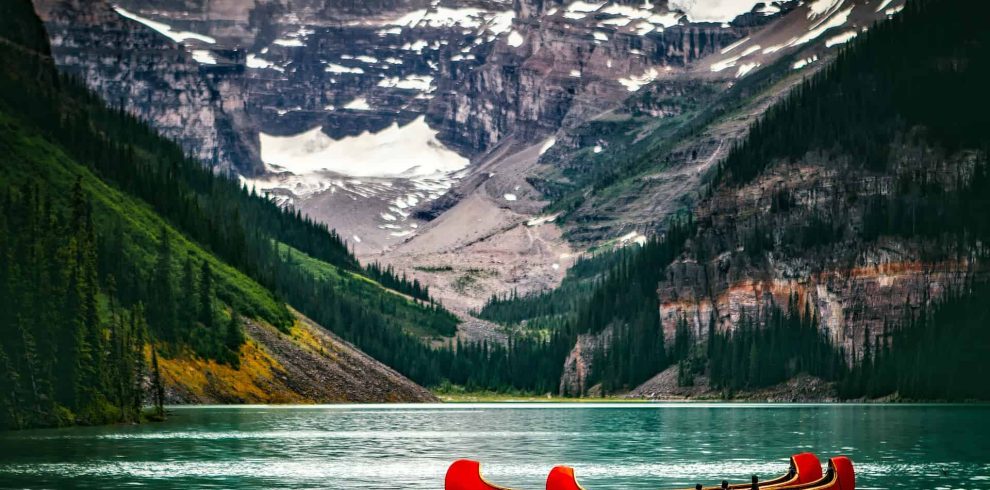
- Oca
- Şub
- Mar
- Nis
- May
- Haz
- Tem
- Ağu
- Eyl
- Eki
- Kas
- Ara
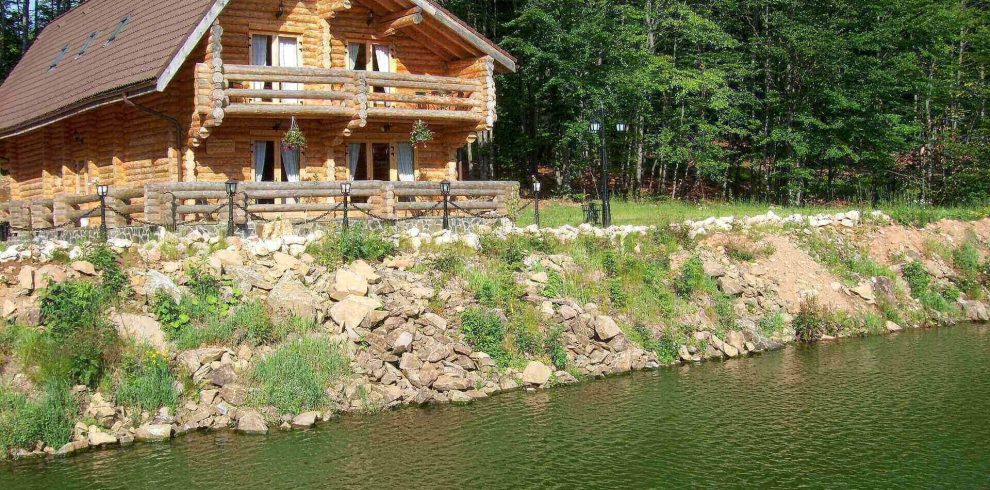
- Oca
- Şub
- Mar
- Nis
- May
- Haz
- Tem
- Ağu
- Eyl
- Eki
- Kas
- Ara
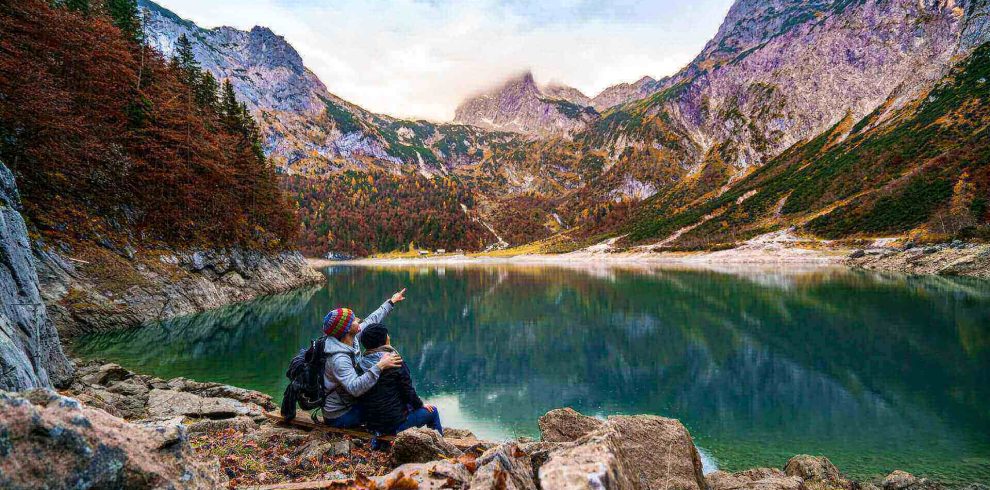
- Oca
- Şub
- Mar
- Nis
- May
- Haz
- Tem
- Ağu
- Eyl
- Eki
- Kas
- Ara
